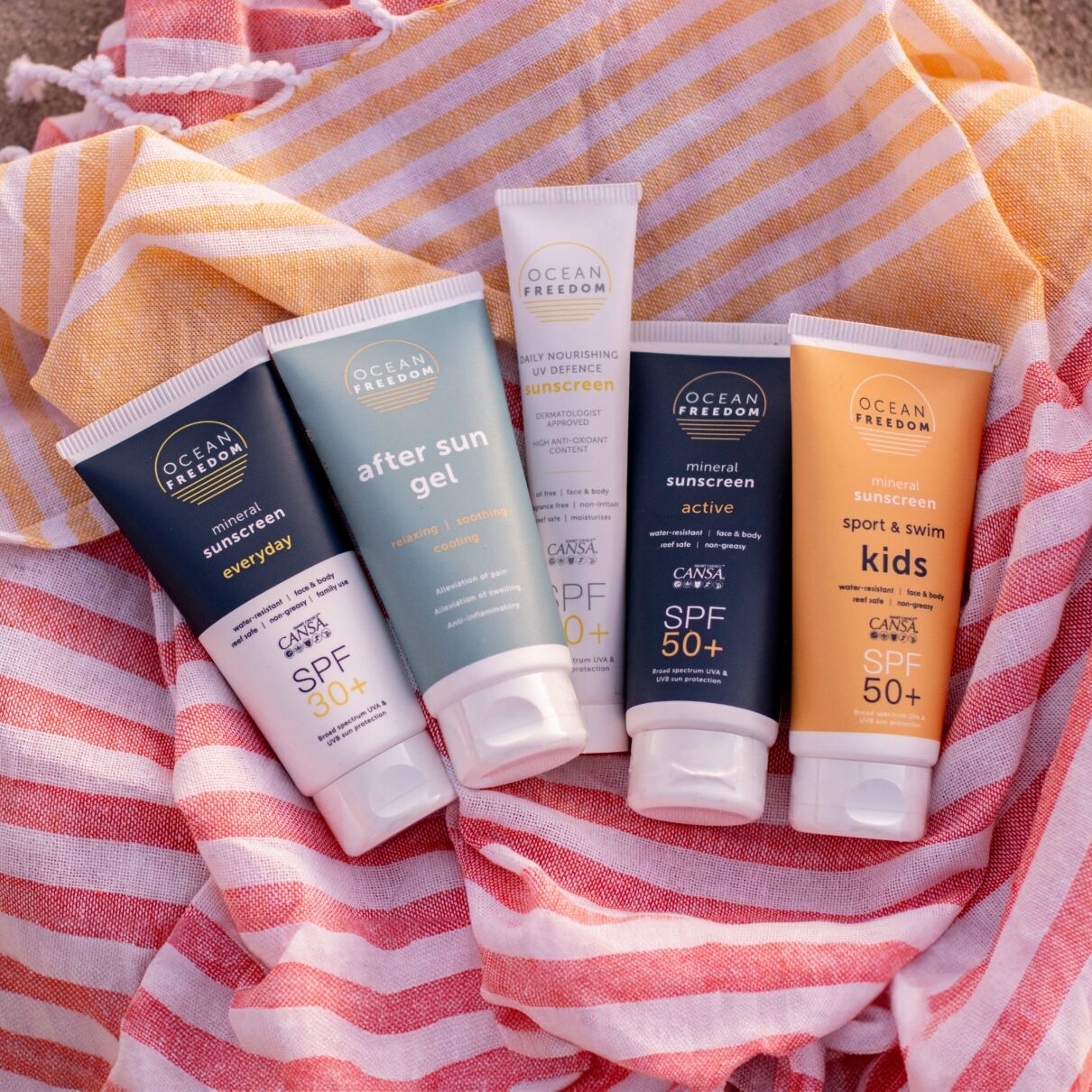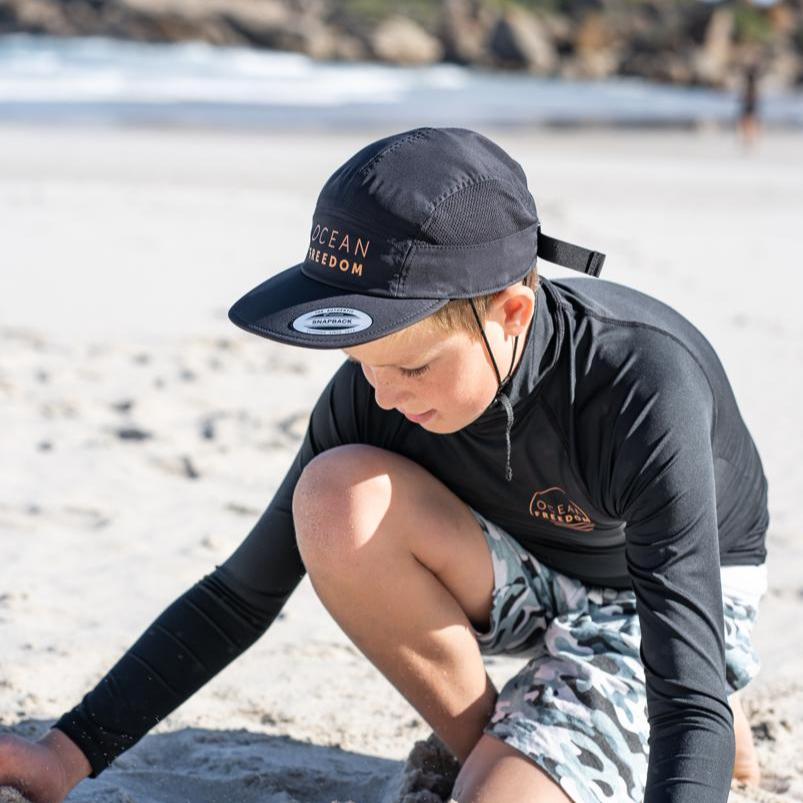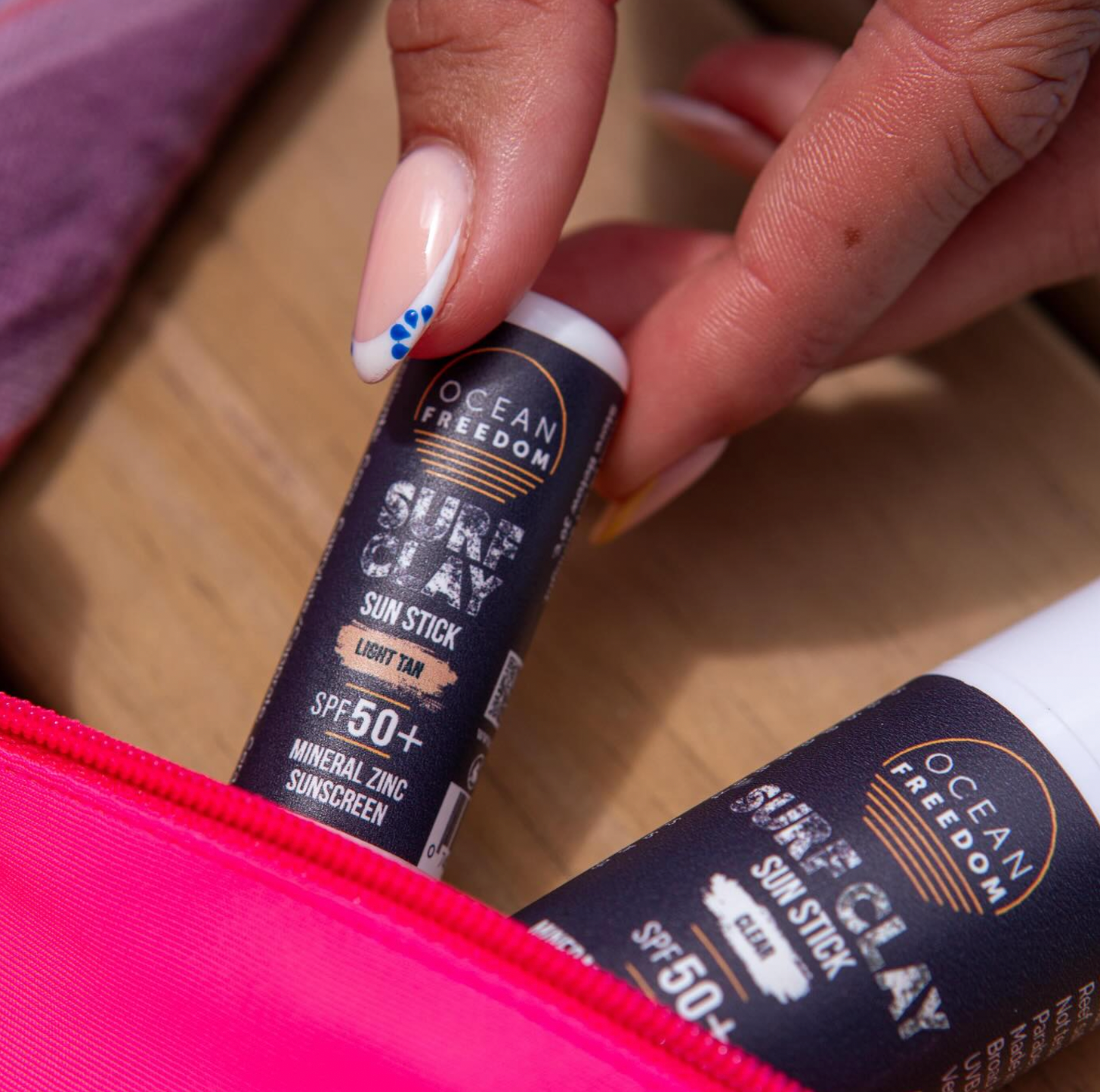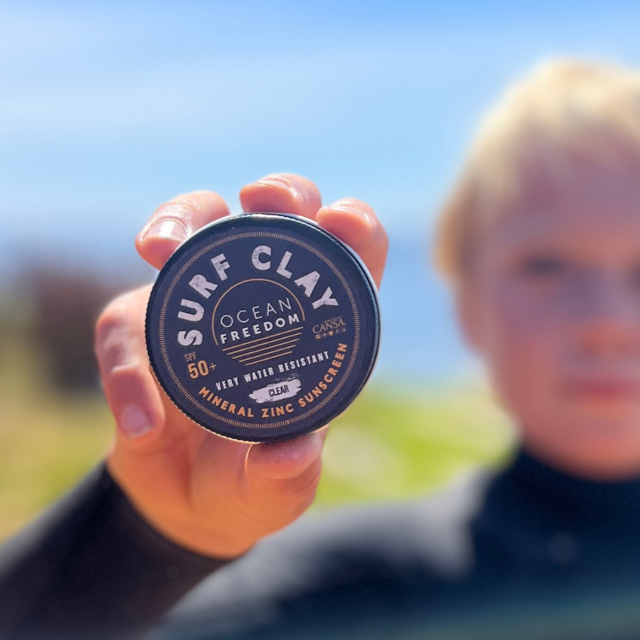FREQUENTLY ASKED QUESTIONS
Sun Protection Explained
Skin Cancer Risk - World Health Organisation
According to the World Health Organisation (WHO), the incidence of both non-melanoma and melanoma skin cancers has been increasing over the past decades, and WHO estimates that a 10 % decrease in ozone levels will result in an additional 300 000 non-melanoma and 4 500 melanoma skin cancer cases globally. More than 20 000 South Africans were diagnosed with the most common non-melanoma skin cancers (basal cell carcinoma and squamous cell carcinoma) in 2014 and more than 1500 were diagnosed with melanoma.
Skin tone - People with darker skin tone also at risk according to CANSA
It is important to take note of the fact that everyone, regardless of racial or ethnic group, is at risk of getting skin cancer. Although people with darker skins are less susceptible, because their skin contains more natural melanin, that protects against sun damage, everyone is at risk from the harsh African sun.
Although people with darker skins are at a lower risk of melanoma than lighter skinned groups, the majority of basal cell carcinomas, in people with darker skins, occur in sun-exposed skin, indicating that sun protection is paramount, regardless of pigment. ¹
In darker skins, 70 % of melanomas have been reported to be on the lower limb, with 90% of those being below the ankle. The most common subtype, acral lentiginous melanoma, appears on the palms of the hands and soles of the feet. ²
Nikki Seboni believed that skin cancer was a white person’s disease, until she was diagnosed at the age of 25 years. Read more here https://cansa.org.za/nikki-overcomes-malignant-melanoma-at-25/
¹ Gloster HM Jr, Neal K. Skin cancer in skin of color. J Am Acad Dermatol 2006;55:741-60
² Hudson DA, Krige JE. Melanoma in black South Africans. J Am Coll Surg 1995;180:65-71
SPF30+ vs SPF50+
Sun Protection Factor (SPF) of a sunscreen is a measure of how well it protects the skin from sunburn. 1. SPF30 sunscreen admits 1/30th of the ambient UV. 2. SPF50 admits 1/50th of the ambient UV. Sunscreens always need to be applied liberally to achieve the SPF protection. SPF30+ offers protection from Ultra Violet (UV) radiation filtering out 96.7 per cent of UV radiation. SPF50+ offers protection from Ultra Violet (UV) radiation filtering out 98 per cent of UV radiation. SPF50+ or SPF30+ sunscreen still needs to be applied as liberally, re-applied every two hours (or after swimming, exercising and towel drying) and used in combination with other sun protection measures including sun protective hats, protective clothing, sunglasses and shade.
When and how often should you apply sunscreen?
Apply 15 minutes before going outdoors. Rub thoroughly onto skin and apply to all exposed areas such as face, neck, ears, back of hands and feet. Re-apply every one to two hours. If you spend a great deal of time outdoors, especially when and where the sun is the strongest/harshest you will need an SPF30 or higher, water resistant sunscreen. Sunscreen must also be re-applied immediately after swimming or sweating. Source: CANSA Association & Skin Care Foundation.
Why choose reef safe sunscreen?
Environmental Protection: It helps safeguard coral reefs and marine ecosystems by avoiding harmful chemicals found in traditional sunscreens.
Compliance: It ensures compliance with bans on certain sunscreens in areas like Hawaii and the Caribbean.
Personal Health: Reef-safe sunscreens use mineral-based ingredients, reducing potential health risks and skin irritation.
Effective Sun Protection: They provide broad-spectrum sun protection and are often water-resistant.
Biodegradability: Some options are biodegradable, minimizing their impact on the environment.
Ethical and Sustainable: Choosing reef-safe products supports brands prioritizing environmental responsibility.
What is the difference between a mineral sunscreen and a chemical sunscreen?
The difference between mineral also known as physical sunscreens and chemical sunscreens is how they handle the sun’s rays. Titanium dioxide and zinc oxide are the active ingredients in mineral sunscreens which create a barrier on your skin that replel or reflects UV light. Where chemical sunscreens absorb into the skin.
Why should you apply sunscreen on cloudy and overcast days?
Even when it is cloudy and overcast, up to 80 percent of the sun’s UV radiation reaches the earth. This means going unprotected on an overcast day can still lead to skin damage.
What does SPF mean?
SPF stands for Sun Protection Factor. The number tells you how long the sun’s UVB rays would take to redden your skin if you apply the sunscreen exactly as directed compared with the amount of time without sunscreen.
So, if you use an SPF 30 product properly, it would take you 30 times longer to burn than if you used no sunscreen.
Source: https://www.skincancer.org/skin…/sun-protection/sunscreen/Source: skincancer.org
Click here to see the Ocean Freedom range of CANSA Association approved sunscreens.
https://ocean-freedom-za.myshopify.com/
What does broad spectrum mean when referring to sunscreen?
The sunscreen will filter both UVA and UVB rays.
UVB rays are the main cause of sunburn
UVA rays are the main cause of wrinkles, thickened and blotchy skin both contribute to skin cancer risk.
Click here to see the Ocean Freedom range of CANSA Association approved sunscreens.
https://ocean-freedom-za.myshopify.com/
Your skin will thank you later
What is photosensitivity?
Photosensitivity is heightened skin sensitivity or an unusual reaction when your skin is exposed to UV radiation from sunlight or a tanning bed.
Here are some sun protection basics
1. Minimize your exposure to UV radiation from the sun and avoid indoor tanning beds. Seek shade and avoid the sun between 10am and 4pm whenever possible.
3. Protect yourself from the sun by wearing a hat and sun protective clothing.
4. Apply broad-spectrum sunscreen of at least SPF30 or higher and reapply sunscreen every one to two hours.
5. Check your skin monthly and book your annual dermatologist visit.
Source: skincancer.org
Click here to see the Ocean Freedom range of CANSA Association approved sunscreens.
https://ocean-freedom-za.myshopify.com/
Why paraben free sunscreen?
Parabens are a group of chemicals widely used as artificial preservatives in body care products. Parabens can disrupt hormones in the body and harm fertility and reproductive organs, affect birth outcomes, and increase the risk of cancer. They can also cause skin irritation.
What is the best sunscreen for sensitive skin?
Mineral sunscreen is often recommended for sensitive skin as the active ingredients sit on the skins surface and are less likely to cause irritation compared to a chemical sunscreen.
How can I clean Surf Clay off clothing if it gets on my t-shirt?
We recommend the best way to remove Surf Clay from your t-shirt would be to place the garment directly into the washing machine. Surf Clay will lift easily in a machine wash if done fairly soon after use. If the sunscreen has been on the garment for a while you can, mix a solution of warm water and mild dishwashing liquid or laundry detergent. Apply it directly to the area, gently rub with your fingers or a soft-bristled toothbrush, and let it sit for 15–20 minutes. Alternatively, you can rub the area with a small amount of white vinegar or rubbing alcohol to break down the residue, then rewash.
Purpose Driven Brand
Supporting Surf Therapy for South Africans with a disability.
Ocean Freedom is built on being community minded and a portion of our sales support the Roxy Davis Foundation Surf Therapy Programme, a NPO teaching South Africans with a physical, intellectual, cognitive or sensory disability how to surf.
For more information visit https://roxydavisfoundation.org
A portion of Ocean Freedom sales support's cancer research.
Our sunscreens have been awarded the CANSA Seal of Recognition denoting Ocean Freedom sunscreens as CANSA Smart Choice Sunscreen products for cancer risk reduction.
CANSA Seal of Recognition Certified
The Smart Choice endorsement programme is part of an ongoing effort by the Cancer Association of South Africa (CANSA) to reduce exposure to carcinogens and other risk factors associated with cancer development.
- Credibility
- Promotion & Benefit
- Seal of Recognition Categories
- Apply for CANSA’s Seal of Recognition
CANSA aims to promote a smart, balanced lifestyle using the CANSA Smart Choice Seal as a tool to assist the public in making healthier, informed choices.
Proudly South African Certified
Ocean Freedom is Proudly South African Certified which means we support the manufacture of local products, provide high quality product and services, comply with fair labour practice environmental legislature as well as adhering to production processes that are environmentally friendly and acceptable.
Memeber of the Cosmetic Export Counsil of South Africa (CECOSA)
Ocean Freedom is a member of CECOSA which works in conjunction with The Department of Trade Industry and Competition (the dtic) and South African Embassies/Economic Offices around the world to create an exporting environment that will promote the Natural Ingredients Sector for South African Companies and highlight our world-class products to the global market. CECOSA promotes export growth for the South African Economy by showcasing the world-class local brand owners and manufacturers.
Women Owned Business
We are a women owned business that prioritize community engagement and social responsibility by supporting local initiatives and causes.
Deliveries | Retail Enquiries | Events
Delivery Charges
We offer free delivery to your door on orders over R650 in South Africa.
If your order is under R650, we charge R95 for this service.
Delivery Timeline
Cape Town: 1 – 2 Working Days
Main Centres: 2 – 3 Working Days
Regional Areas: 2 – 5 Working Days
Remote Areas: 5 – 7 Working Days
(These delivery times are estimations)
Become a retailer
Enquire about becoming a retailer. Email info@oceanfreedom.com for more information.
Bulk Orders
If you would like to find out more about our bulk orders please email info@oceanfreedom.com for more information.
Enquire about events and activations
We support a number of events by providing complimentary sunscreen stations and stands. Please email us on info@oceanfreedom.com for more information

